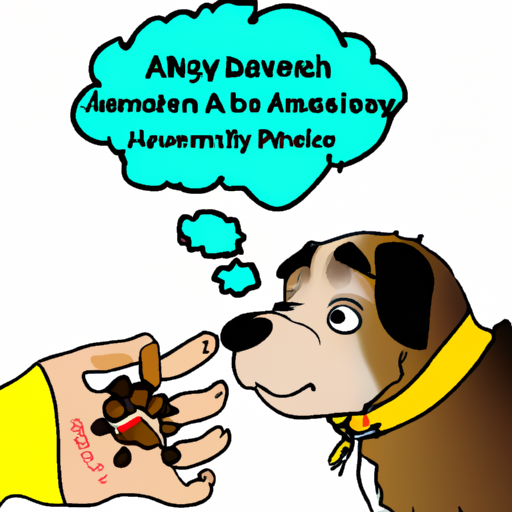As a caregiver, it’s essential to know that vomiting in dogs can be a clear sign of many health issues, ranging from simple indigestion to severe conditions like kidney failure. But don’t panic! Understanding the possible causes and knowing when to seek veterinary help can go a long way in ensuring your furry friend’s health and happiness.
Table of Contents
- Common Causes of Vomiting
- Serious Causes of Vomiting
- When to Seek Veterinary Help
- Frequently Asked Questions
Key Takeaways
- Vomiting in dogs can occur due to various reasons, from dietary indiscretion to severe health conditions.
- Knowing the signs and symptoms can help identify the severity of the situation.
- Not all cases of vomiting require immediate veterinary attention, but some can be life-threatening.
- Proper care and preventive measures can minimize the risk of certain causes of vomiting.
Common Causes of Vomiting
A sudden change in diet, eating too quickly, or consuming indigestible materials can often cause dogs to vomit. Other common causes include:
-
Dietary Indiscretion: Dogs are known for their love of exploring and tasting their surroundings, which can include potentially harmful substances. Consuming garbage, toxic plants, or spoiled food can upset their stomachs, leading to vomiting. One Top Dog provides a comprehensive list of foods that are safe and unsafe for dogs.
-
Food Allergies: Just like humans, dogs can also have food allergies. An allergic reaction can cause inflammation in the stomach and intestines, resulting in vomiting.
-
Parasites: Parasites such as roundworms or hookworms can infest a dog’s gastrointestinal tract, causing irritation and often resulting in vomiting.
Serious Causes of Vomiting
While occasional vomiting may not be cause for concern, frequent or severe vomiting can indicate serious health problems. Some of these include:
-
Pancreatitis: This condition happens when the pancreas becomes inflamed, often due to a high-fat diet or certain medications. It can cause severe vomiting and requires immediate veterinary attention.
-
Kidney Failure: Chronic kidney disease can lead to a buildup of toxins in the bloodstream, which can cause vomiting. Early diagnosis and treatment are crucial in managing this condition.
-
Gastrointestinal Obstruction: This occurs when a foreign object gets stuck in your dog’s stomach or intestines. It’s a life-threatening condition that can cause persistent vomiting and requires immediate surgical intervention.
-
Infectious Diseases: Certain infectious diseases, like Parvovirus or Canine distemper, can cause severe vomiting in dogs. Regular vaccinations can help prevent these illnesses. This article from PetMD offers more in-depth information about these diseases.
When to Seek Veterinary Help
If your dog vomits once and is still behaving normally, you might not need to seek veterinary help immediately. However, frequent vomiting, accompanied by other symptoms such as lethargy, diarrhea, blood in the vomit, or signs of pain, should be considered serious. Consult your vet immediately if you notice any of these symptoms.
Frequently Asked Questions
-
Is it normal for dogs to vomit occasionally?
Occasional vomiting can be normal in dogs, especially if it’s due to dietary indiscretion. However, if it occurs frequently or is accompanied by other symptoms, it may indicate a more serious condition. -
What should I do if my dog vomits?
If your dog vomits, monitor their behavior closely. If they appear normal and the vomiting doesn’t continue, they may have just eaten something that didn’t agree with them. However, if vomiting persists, or if they show other signs of illness, contact your vet immediately. -
Can I prevent my dog from vomiting?
While not all causes of vomiting can be prevented, you can reduce the risk by feeding your dog a balanced diet, monitoring what they eat, and ensuring they are up to date on vaccinations and parasite treatments. One Top Dog has a useful guide on maintaining your dog’s health.
Understanding what can cause vomiting in dogs can help you be better prepared to care for your furry friend. Always remember, when in doubt, consult a professional. Your vet is the best resource for ensuring your dog’s health and happiness.



